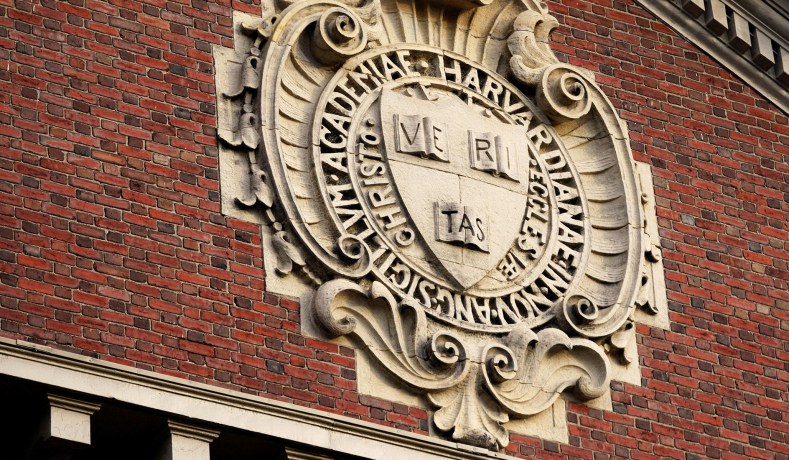
In response to Harvard Makes a Good Faculty Move
George Leef hopes that Harvard may hire a “great libertarian economist.” Hiring great economists would be sufficient.
If Gabriel Zucman has been rejected because of his political views — because he is “all too eager to help politicians like Bernie Sanders and Elizabeth Warren make their redistributionist case,” as Leef puts it — then conservatives are wrong to cheer the decision. That kind of political policing will never work out in our favor, and we ought to be smart enough to understand that. And even if we thought we would benefit from it on balance, we should reject it on principle: Our aim should be universities that are intellectually open and rigorous, not universities that toe our party line instead of someone else’s.
If the New York Times’s account is to be believed, then politics entered explicitly into this: “Harvard’s president and provost nixed the offer, partly over fears that Mr. Zucman’s research could not support the arguments he was making in the political arena, according to people involved in the process,” the Times reports.
If, on the other hand, Zucman has been rejected for intellectual incompetence or something effectively indistinguishable from academic dishonesty, as Phillip Magness suggests, then the question is not whether he should move to Harvard but whether he should remain employed at Berkeley. It is a serious accusation to make, and one that should not be made lightly.
I do not share Zucman’s political views. But I am not entirely confident that taking a “heterodox approach” to technical questions about corporate tax incidence or the fact that, as Magness puts it, “most of the profession has looked on his most recent work with a skeptical eye” is reason to cast him out. We should not be too eager to see orthodoxy enforced, nor happy to see employment further weaponized as an instrument of political discipline.
Nor am I entirely confident in the ability of either conservative activist groups or the Harvard administration to make those distinctions in the way that best serves intellectual openness; activists have biases of their own, of course, and the Harvard administration has shown repeatedly that it can be pushed around and bullied, although not usually by conservative critics of academic bias. Harvard’s provost has a doctorate in economics (from Harvard); its president has an undergraduate degree in economics (from MIT) and a doctorate in public policy (from Harvard). They are not obviously unequipped to evaluate an economist hoping to join the school of government. They are entitled to some benefit of the doubt.
But conservatives should be careful about what we wish for and what we celebrate. If Harvard’s administration can veto one left-leaning economist for his political views, it can veto three dozen right-leaning ones for theirs.
